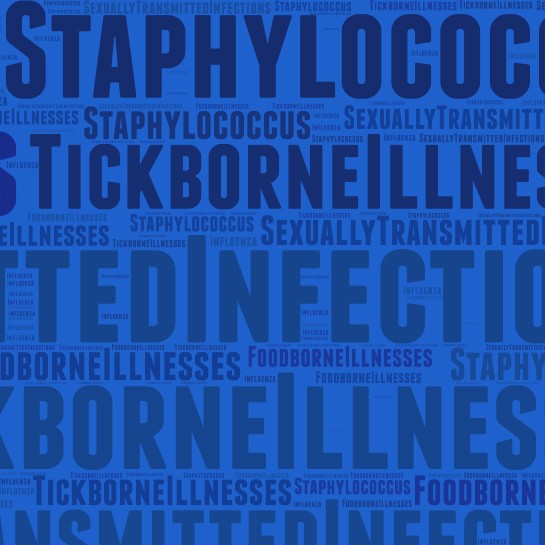Treatment for
Genital Herpes
Genital herpes is caused by the herpes simplex virus (HSV) and is among the most common sexually transmitted diseases. The virus can lie dormant in your body after the initial infection and recur several times a year. Anyone can be infected, and genital herpes can be spread even when dormant. While there is no cure for genital herpes, ID Care offers treatment and prevention education from the East Coast’s top infectious disease specialists to help stop the virus’ spread.
Causes Of Genital Herpes
Genital herpes is usually contracted through sexual intercourse, including oral sex. If a person doesn’t have herpes they can get it from coming into contact with:
- A herpes sore
- Genital secretions
- Genital skin
- Rectal skin
Condoms do not completely eliminate the risk of getting genital herpes, but using them reduces your chances of contracting the virus. People who do not properly use a latex condom during sex are at increased risk of contracting genital herpes. You should always ask a new partner about their genital herpes status before engaging in sexual intercourse and avoid sexual contact during an active outbreak to reduce the risk of infection.
Genital Herpes Symptoms
Some individuals may not be aware they have genital herpes because the virus can remain dormant inside the body for many years. However, sores usually occur between two and twelve days after the initial infection. These sores generally appear at the spot where the virus initially entered the body, such as the buttocks, thighs, rectum, and genitals. The sores eventually become itchy, painful blisters before bursting and then healing. Many people who become infected will have several outbreaks of these sores each year. The quantity of outbreaks tends to be highest during the first year after contracting the virus. Eventually, outbreaks will occur less frequently, and the symptoms will be less severe, but the virus remains in the body for life.
Genital Herpes Diagnosis And Treatment
ID Care physicians will take a swab or scraping from a suspected genital herpes sore and send the material to a diagnostic lab to be interpreted. If there are no open sores on your body, but you are concerned about an infection, our team can take a blood sample that will reveal whether or not the herpes virus is active in your body. This blood work can also let our physicians see if the virus was contracted recently or in the past to help you become more informed about your condition.
Unfortunately, there is currently no cure for genital herpes. However, our team is always researching new therapies for many sexually transmitted diseases, and we partner with hospitals throughout New Jersey to improve the diagnosis and treatment of all infectious diseases. At this time, prescription antiviral medications provide the best treatment option for people with genital herpes. For those with recurrent herpes infections, there are anti-viral medications you can take daily to prevent an outbreak. Maintaining open communication with sexual partners and using safer sex practices are critical to preventing the spread of genital herpes, whether or not you are experiencing an outbreak.
Learn More About Genital Herpes
If you suspect you’ve contracted genital herpes, schedule an appointment at your nearest ID Care location today. Our infectious disease specialists will determine the cause of your symptoms and explain how to minimize the effects of genital herpes, practice safer sex, and prevent the spread of the disease. For more information, contact us online.





